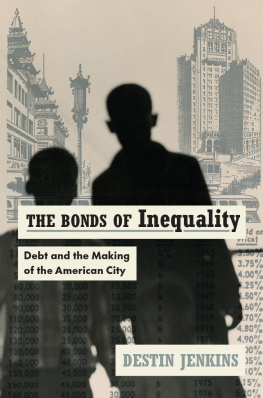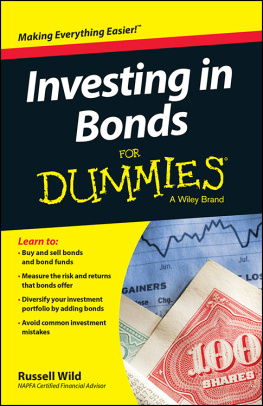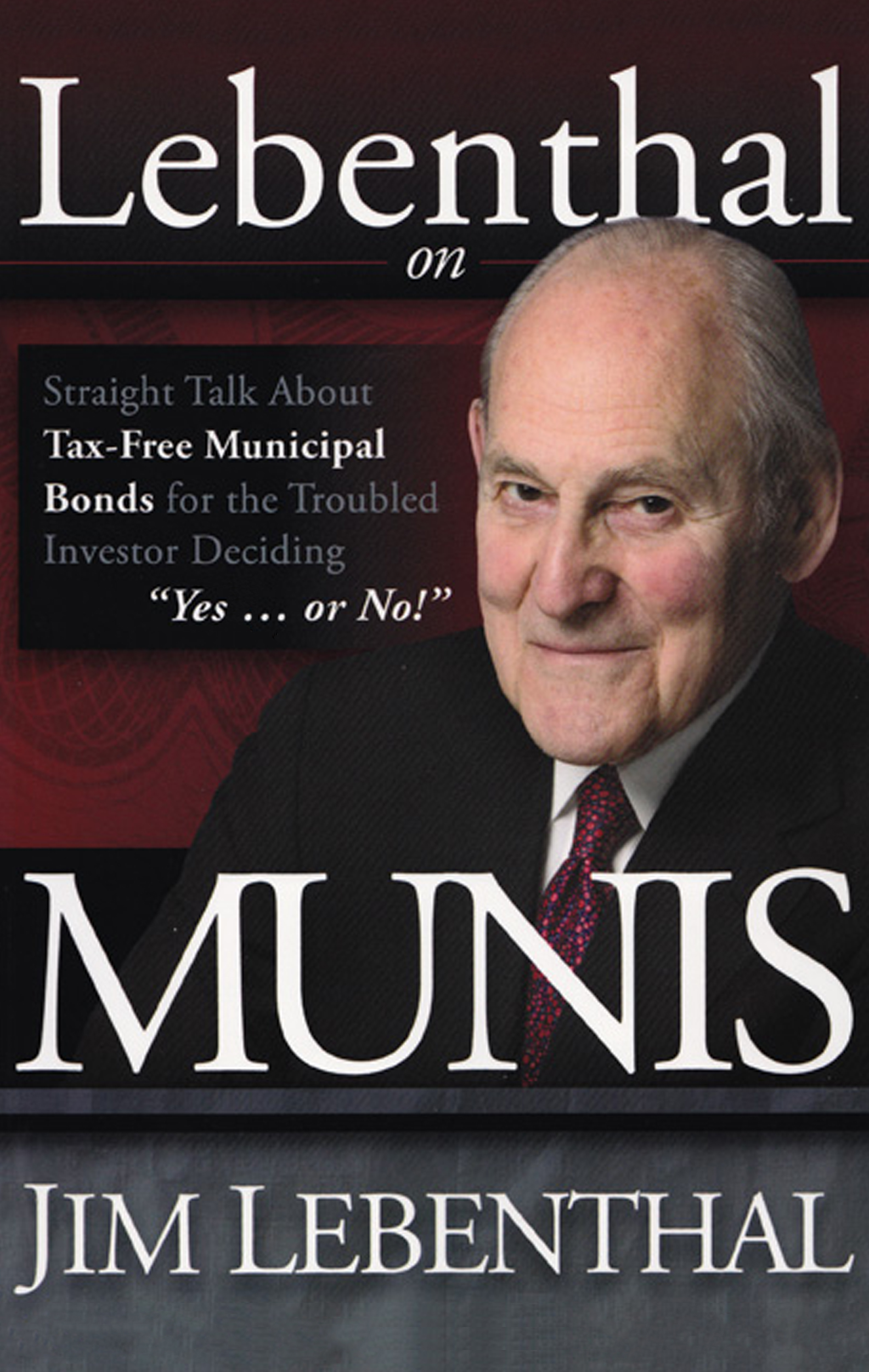Disclaimer: The Publisher and the Author make no representations or warranties with respect to the accuracy or completeness of the contents of this work and specifically disclaim all warranties, including without limitation warranties of fitness for a particular purpose. No warranty may be created or extended by sales or promotional materials. The advice and strategies contained herein may not be suitable for every situation. This work is sold with the understanding that the Publisher is not engaged in rendering legal, accounting, or other professional services. If professional assistance is required, the services of a competent professional person should be sought. Neither the Publisher nor the Author shall be liable for damages arising herefrom. The fact that an organization or website is referred to in this work as a citation and/or a potential source of further information does not mean that the Author or the Publisher endorses the information the organization or website may provide or recommendations it may make. Further, readers should be aware that internet websites listed in this work may have changed or disappeared between when this work was written and when it is read.
Preface
Because Disclosure Isnt an Option. Its the Law.
I WAS BORN just one year before the crash. My mother and father were the husband-and-wife team of Louis and Sayra Lebenthal, founders of Lebenthal & Company, Municipal Bonds for the Individual Investor. I remember an almanac Dad first compiled in the thirties and kept up-to-date with woodcuts of tornados and natural disasters through which municipal bonds had kept right on paying.
Despite the National Industrial Recovery Act being struck down by the Supreme Court, its Blue Eagle sticker is still remembered by survivors of the Great Depression.
Those icons of the safety record of municipal bonds in the face of calamitythe great Chicago Fire, the San Francisco earthquake, the Galveston hurricane connect me to rough times municipal bonds have weathered, past and present. Im thinking of visits to Lebenthal & Company with the Depression in full swing. I can still see beaten men in fedoras selling apples out on the street downstairswhile upstairs in our window on the fourteenth floor, our National Industrial Recovery Administration (NRA) Blue Eagle window sticker proudly proclaimed to one and allfrom the fourteenth floor yetWe Do Our Part.
An exciting first impression of municipal bonds from a vintage Lebenthal & Company brochure.
It was a scene out of that Edward Hopper painting, Office at Night. There was our Miss Dodd, bookkeeper-stenographer-telephone operator, plugging in calls at the switchboard. Dad clutching the upright telephone in one hand, the receiver up to his ear in the otherthe office goldfish surfing the fish tank for something to eatme, for pre-TV fun and excitement, linking paper clips together in an endless chain, which the customers men, to their grief, would not discover until the next time they reached for a paper clipor filling paper cups of water just to watch bubbles glug-glug up the water cooler jug. Closing time Saturdays was 3 oclock. Dad would cover the canary cage, push the elevator button, and as we left, say, Good night! to the elevator man. That bothered me. Dad, its still afternoon. Why are we saying good night? Oh, son! Dad exclaimed.
That I should ever end up in such an office scene was out of the question. So, after graduating Princeton, I took the glamour road with dream jobs at Life magazine, NBC, Disney, Young & Rubicam Advertising, and Ogilvy & Mather. (For more about fifteen years and tons of fun working for Henry Luce, Walt Disney, and David Ogilvy, while avoiding the family bond business, read Confessions of a Municipal Bond Salesman, John Wiley & Sons, Inc., publisher.) Guilt finally got me pondering, What am I doing here? Why was I making other companies famous instead of putting my familys name on every tongue and building an empire for Lebenthal? Ever since Dads death in 1951, Mother kept the company going, barely hiding the hope that one day, IdWell, lets just say that when I finally did cave in and join her selling odd-lot municipal bonds to the little guy with a thousand dollars or so to invest at a time, she let it out: At last youve gotten all that other foolishness out of your system.
That was way back in heady 1963, before landlords in the South Bronx started walking away from buildings that were worth less than the bills for back taxes. It was before New York City began borrowing for daily operating expenses. It was before the City declared a moratorium (you can pronounce it default) on the repayment of $1.6 billion municipal notes, and before the flag touched the ground in Washington, Oregon, and Idaho, the home states of the Washington Public Power Supply System (WPPSS).
My formal education in tax-free municipal bonds began long before inroads were made on their hallowed exclusion from income tax, before the Social Security tax, before the alternative minimum tax on certain municipal bonds deemed private activity bonds, and before the outright ban of tax-exempt bonds for ballparks, convention centers, liquor stores, and private jets. Municipal bonds still had twenty-five glorious years to go before the Supreme Court would knock tax exemption off its constitutional high horse and rule in South Carolina v. Baker that municipal bonds were tax free only by the grace of Congress, not by any constitutional right.
I sat at a desk across from my mothers and got on-the-job-training from the master. Today, I own the verities my momma done told me.
Its not how much you earn that counts. Its how much you keep.
If youre going to speculate, dont do it in municipal bonds.
Municipal bonds are for tax-free income, not to make a killing from market moves.
A good portfolio diversifies maturities as well as municipalities.
If you know youre going to need your money in two, five, ten years, buy bonds that mature in two, five, ten years. Why subject your savings to the vagaries of the market?
A bond is marketable when you can get a bid on it before maturity from other firms and not just the house you bought it from.
The best time to invest in munis is whenever you have the funds.
If its knowable, make sure the customer knows it. If it isnt, dont pretend.
Besides listen to your mother, I believe in taking on, taking over, and making whatever you do your own. And, true to form, here I go now making a certain rule of the game my own, as if I were the one who thought it up and not the regulators:
A broker has a duty to disclose all material information in connection with an investment recommendationwhich may be reasonably relevant to an investor to take into consideration in making an informed investment decisionin particular the various risks and level of risk of an investment recommendation.
THE NASD (NOW FINRA)
OBLIGATION OF DISCLOSURE RULE
Giving you enough information to decide whether you really belong in municipal bondsand which onesisnt a choice thats up to me to make. Its the law. And Lebenthal on Munis is going to toughen that law by giving you the information to decide No! as well as Yes, even if it means turning me and my bonds thumbs down.







